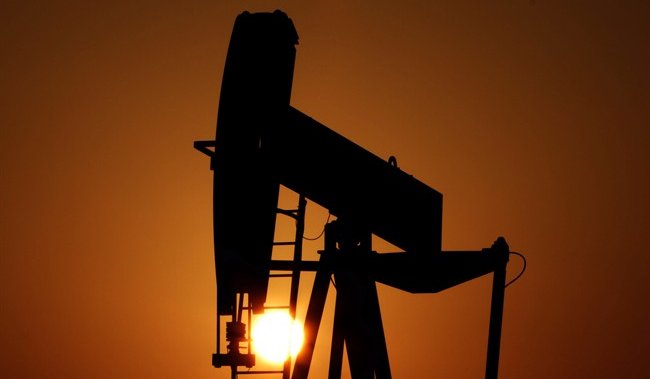
As Europe faces pressure to ban Russian oil, gas, experts warn of ‘major’ consequences
Global News
An EU boycott would mean higher prices at the pump and on utility bills, and ultimately the threat of an energy crisis and recession.
Europe faces a tough choice: Is it worth a recession to choke off oil and gas money to Russia while it fights a war in Ukraine?
The 27-member European Union faces far more economic pain from the war and resulting sanctions than the U.S.–true above all when it comes to the oil and gas that powers vehicles and keeps the heat and lights on.
While the U.S. and British bans on Russian oil increase the pressure on Europe to follow suit, the continent’s dependence on Russia for energy makes an immediate embargo much more difficult. Still, some officials say it is the only way to stop pouring billions in oil and gas revenue into President Vladimir Putin’s coffers, despite the near certainty of record inflation worsening.
Europe gets around 40% of its natural gas and 25% of its oil from Russia, whereas the U.S. gets meager amounts of oil and no natural gas. An EU boycott would mean higher prices at the pump and on utility bills, and ultimately the threat of an energy crisis and recession while the economy is still recovering from the coronavirus pandemic.
Prices for everything from food to electricity are already painfully high partly because of skyrocketing natural gas prices in Europe. Governments have rolled out subsidies to compensate people for high utility bills, while gasoline has risen above 2.01 euros per liter _ the equivalent of $8.33 per gallon, meaning filling up a compact car could cost 90 euros ($98).
Those costs already are cutting into consumer spending, with inflation at all-time high of 5.8%. The question is: How much more pain can Europeans take to try to stop Putin’s attack on Ukraine?
“The consequences to the European economy would be major,” said Simone Tagliapietra, an energy policy expert at the Bruegel think tank in Brussels. “And therefore, there would need to be an upfront, clear, political decision that we are willing to compromise our economy, we are willing to afford a recession, in order to hit Putin where it hurts.”
U.S. President Joe Biden acknowledged as much when he announced the U.S. ban on Russian oil imports, saying “many of our European allies and partners will not be able to join us.”











